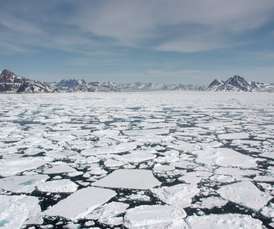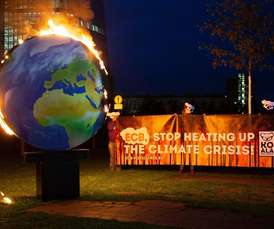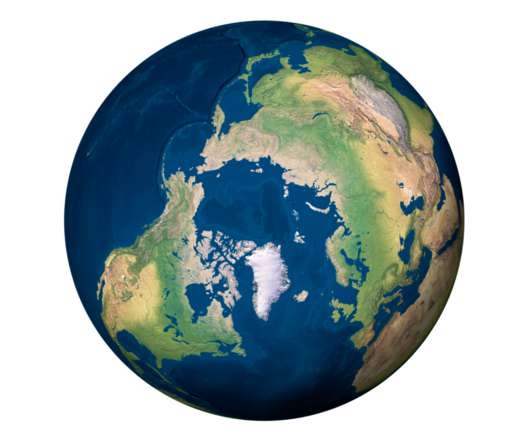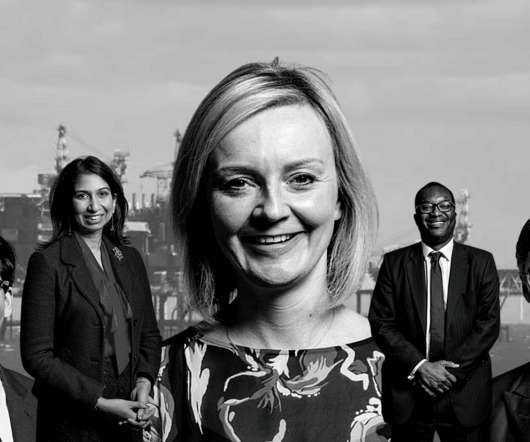Understanding the Anthropocene, Resilience Thinking, and the Future of Industry
Green Business Bureau
JANUARY 18, 2023
At the end of the first century, there were approximately 170 million people on Earth, by 1800, the population was over 1 billion people with major cities developing, breakthrough medical advancements, and continued technological innovation. There is nearly twice as much carbon in permafrost than is currently in the atmosphere.

















Let's personalize your content